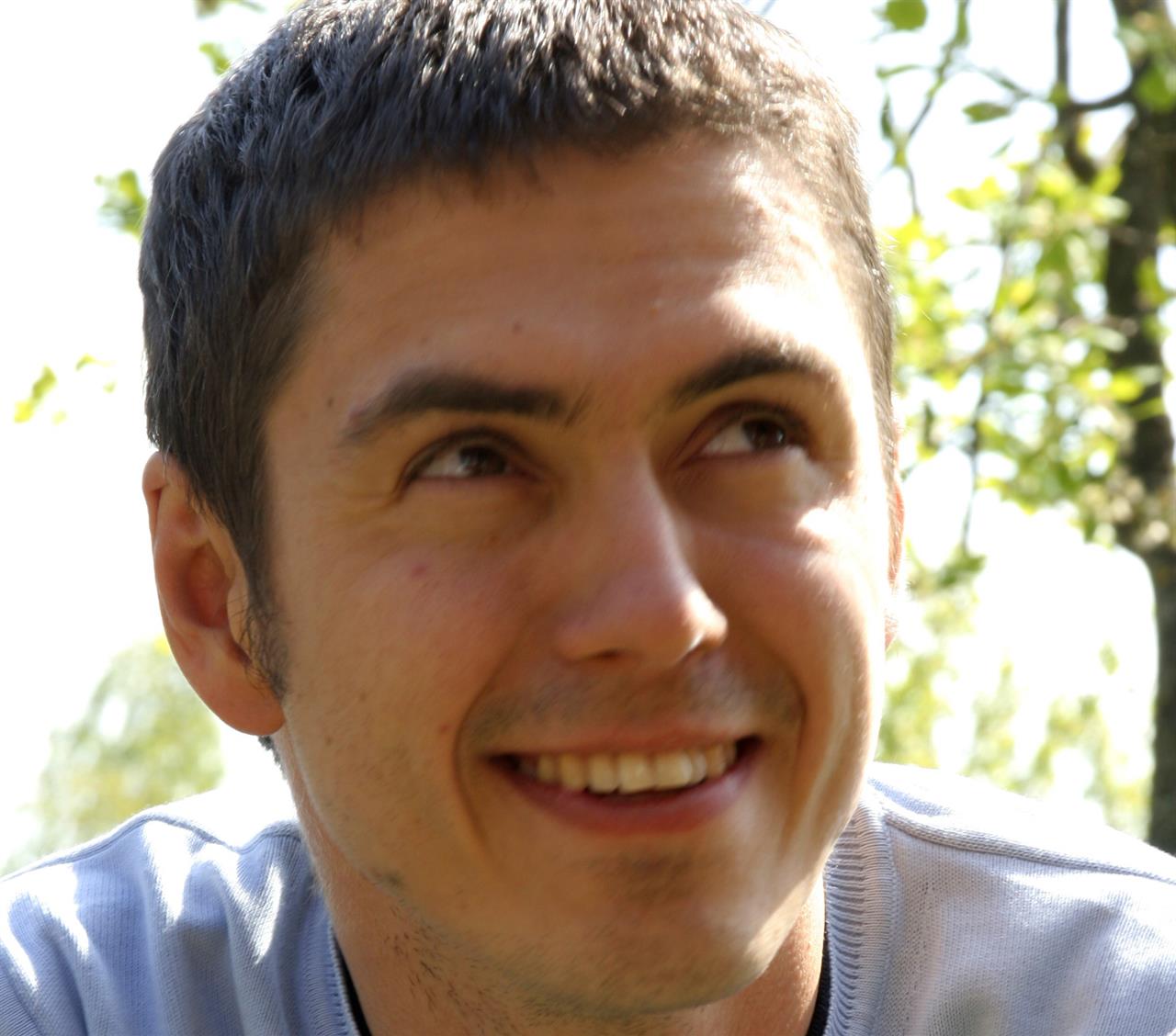Urmo Kübar is the 30 year old executive director of Estonia’s key umbrella and advocacy organization, Neno. Born in a small town in Northern Estonia, Rakvere, that is “mostly know for its theatre and meat-processing”, Kübar has a degree in journalism and political science, has worked for one of Estonia’s leading newspapers and dabbled in politics before joining Neno, first as the Director of membership, in 2005, and as of 2006 as its director.
How and when did you come to be interested in the third sector?
I guess we all get involved in non profit activities before we actually learn to use the terms like “third sector” or “civil society”. I was 10 years old when so-called Singing Revolution started in Estonia, a non-violent independence movement after nearly 50 years of Soviet occupation. During these years all Estonians, no matter how old, participated in public meetings where popular political songs were sung (hence the name), signed petitions and formed the Baltic Chain in 1989, where 2 million people from Tallinn to Vilnius joined hands and demanded independence for three Baltic states. I among them.
What do you think is the biggest challenge facing Estonian civil society today?
The challenge that all the organisations in Estonia face: the lack of people. After all, we are a very small country with only 1.4million inhabitants. The situation is more complicated for the third sector as businesses and the public sector have the advantage of offering better salaries and social guarantees. Thus the essential question for the third sector is how to motivate the best talents to channel their energy and skills to create needed social changes. There are also challenges in terms of the sector’s organisational capacity and its financial viability (most of them are still dependent on project hunting which hampers their development), or how to integrate more Estonian and Russian speaking NGOs.
And its biggest strength?
That it is organised strategically. Estonia was the third country in the world after the British Compact and the Canadian Accord to have a national strategy agreement for the development of civil society, called Ekak (Estonian Civil Society Development Concept). Ekak was initiated by the non profit sector and later adopted by parliament in 2002 and has been vital to our development. Thanks to Ekak this work has been systematic and as a result, the Estonian non profit sector is considered by the Usaid Index to be one of the most sustainable in Central and Eastern Europe.
Has Neno had a role in the development of the civil society sector?
Yes, and I would say that Neno is another of our sector’s strengths. As the umbrella body for non profit organisations in Estonia, Neno focuses on issues that are common to third sector as a whole – like legislation, public involvement in policy making, funding, public services’ outsourcing and statistics. This has allowed our third sector to cooperate better to achieve common goals – if every organisation stood alone and worked solely for itself the results would certainly not be as good. A recent example is the Manifesto of Estonian non profit organisations prior to the parliamentary elections in 2007 that was led by Neno. In this Manifesto we proposed several activities to the forthcoming government that would help to strengthen civil society. The result? That for the first time in Estonian history the government’s program included a chapter on civil society issues, among them were several of the Manifesto’s proposals.
Who are the faces of Estonian civil society?
Many of the leaders who founded non profit organisations in the 90’s have moved on (some of them also burned out) and a new generation has stepped in. Many key Ngos are being led by men and women between the ages of 25 and 35. Often they have spent time studying and working abroad and have corporate work experience. And it seems to me that these new leaders have a different attitude towards the management and funding of Ngos. They are willing to collaborate with partners from other sectors, at an international level as well. A good example is the Good Deed Foundation, led by an Oxford-graduate Artur Taevere, that promotes social entrepreneurship and venture philanthropy.
Vuoi accedere all'archivio di VITA?
Con un abbonamento annuale potrai sfogliare più di 50 numeri del nostro magazine, da gennaio 2020 ad oggi: ogni numero una storia sempre attuale. Oltre a tutti i contenuti extra come le newsletter tematiche, i podcast, le infografiche e gli approfondimenti.

